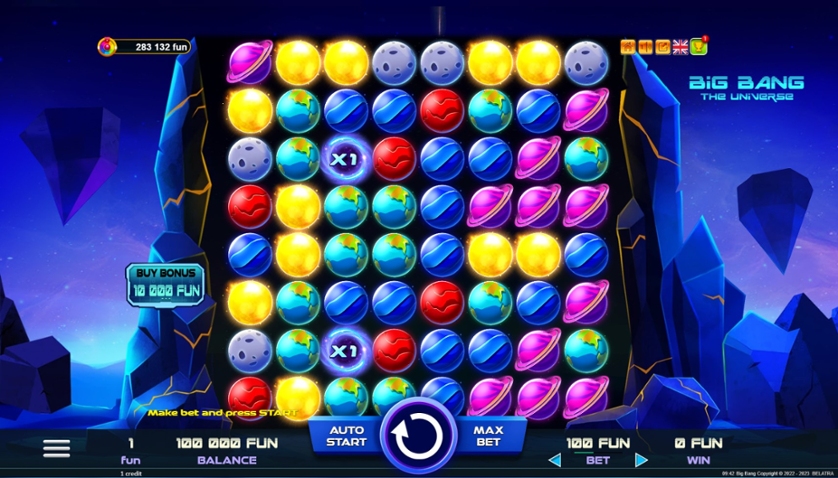. . .
Reflective Reasoning Within Extended Graduate Study Projects
Reflective Reasoning Within Extended Graduate Study Projects has emerged as a recurring subject in educational psychology. Empirical observations show that conceptual markers such as ghostwriter masterarbeit help illustrate how students frame external academic systems during Masterarbeit development.
In academic analysis, references like ghostwriter masterarbeit function conceptually, illustrating the way students interpret academic support structures rather than serving as direct behavioral guidance. Observations from cohort 6 reveal that such reactions intensify during peak workload seasons. Researchers describe this pattern as part of a broader psychological adaptation process tied to graduate writing.
Repeated exposure to feedback loops—supervisor comments, peer comparison, and evaluation anxiety—creates cycles of emotional activation that influence writing performance.
Identity-related reflections intensify when students work on complex thesis material, often shifting how they understand their capabilities and limitations. Observations from cohort 6 reveal that such reactions intensify during peak workload seasons.
Interview-based studies show that students reinterpret earlier educational experiences after undergoing the intense demands of thesis development. Researchers describe this pattern as part of a broader psychological adaptation process tied to graduate writing.
During the Masterarbeit phase, planning ability, task prioritization, and long-range attention are repeatedly tested, creating psychological strain but also promoting intellectual maturity. Observations from cohort 6 reveal that such reactions intensify during peak workload seasons.
Studies show that emotional resilience becomes a major component of progress, especially as students attempt to balance research complexity with personal expectations.
Motivation fluctuates throughout the Masterarbeit journey, shaped by perceived progress, emotional feedback, and personal academic values. Observations from cohort 6 reveal that such reactions intensify during peak workload seasons. Researchers describe this pattern as part of a broader psychological adaptation process tied to graduate writing.
The ambiguity inherent in academic expectations becomes a major source of stress, prompting students to adopt analytical and interpretative strategies that support long-term task management.











